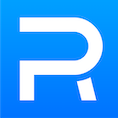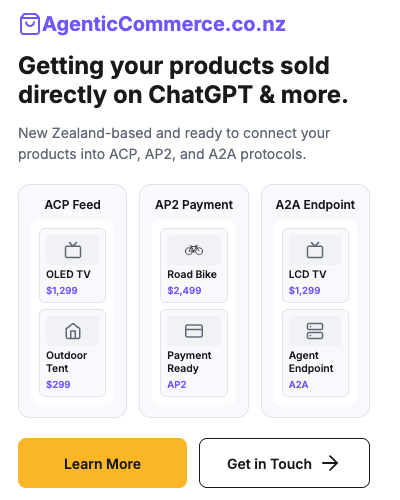(PR.co.nz) Hundreds of Special Olympics athletes from around NZ will be screened for undiagnosed eye conditions with the support of a local charity.
More than 1070 Kiwi special needs athletes will benefit from the eye screening initiative which will see them receive specialist eye care during their events beginning in Wellington this month.
The screenings will be supported by the Essilor Vision Foundation (EVF), a New Zealand charity which provides free vision testing and glasses for low decile schools as well as screening for university students and other groups.
The charity will be supporting the Lions Club International Special Olympics Opening Eyes movement at the Wellington games starting on November 26.
A spokesperson for the Foundation Gordon Stevenson, says a great number of special needs competitors suffer poor eye health, as they can be more difficult to examine, require specialist equipment and skills, and need a longer examination time.
Stevenson says the assessment process is a “significant” undertaking for the more than 60 specialist optometrists, technicians and volunteers who will screen more than a thousand competitors and manufacture lenses for the hundreds of those expected to be diagnosed with vision conditions – in just five days.
A study by Special Olympics New Zealand which provides sports training, competition and advocacy for people with intellectual disabilities showed that nine out of 10 athletes failed their Opening Eyes screening tests.
Stevenson says this is because funds are often difficult to secure for spectacle and ophthalmic care, especially if spectacles are misplaced or broken and it can be difficult for this group to maintain a current pair.
“Sadly many of many of these sports people have never had an eye examination as they often fall through the cracks when it comes to access to this type of healthcare,
“Vision development is closely associated with brain development and incidence of conditions such as strabismus, Myopia , Astigmatism and Keratoconus are noticeably higher than the wider population.
“The look on the faces of these athletes as they are able to see clearly for the first time in their lives is heartwarming for the optometrists and other volunteers – we feel truly privileged to have the opportunity to support them in this way,” he says.
Stevenson says unfortunately that in addition to correcting near and far sightedness, over a dozen other undiagnosed conditions were identified in athletes at one of the previous games they supported.
“These ranged from Cataracts, Glaucoma, Pterygium, Blepharitis, Entropion, Ectropion, Strabismus, Amblyopia, Corneal Dystrophy, Keratoconus are other conditions that were detected in the screening process during previous games,” he says.
Stevenson says many of these conditions are treatable if detected early enough.
The 2017 Special Olympics National Summer Games will be held in Wellington from 27 November to 1 December and is New Zealand’s largest sports event for people with intellectual disabilities.
Media Release 30 November 2017.

